Bengaluru: Malini Parmar, a Sarjapur resident sold her vehicle in 2019 and switched to public transport and shared mobility. But now, she along with many other commuters are purchasing their vehicles again as BMTC and Metro services remain suspended.
Even though the Covid cases are decreasing, the government is moving ahead cautiously. This approach is causing problems for those people who are dependent on public transport.
Malini, the cofounder of StoneSoup, a social enterprise, said, “The government has unlocked many things but not public transport. I am forced to buy a new car since the government appears to be discouraging public transport users. Its policies are car-centric.” She said, “Initially, it was difficult without a car, but I got used to it. BMTC’s 342 series had good connectivity between Sarjapur and Majestic. I also carpooled and rented cycles to commute in the city.”
Bengaluru is ranked as one of the most congested cities in the world by several studies and reports. In 2020-21, the number of vehicles in Bengaluru crossed the 1 crore mark. Out of these, 66.7 lakh are two-wheelers and 20.8 lakh are cars. The car registration rate (4.8 per cent) surpassed that of two-wheelers (3.9 per cent) in 2020-21.
According to the experts, more cars and two-wheelers will only add traffic pollution and pollution to the city. In the last year, the ridership of public transport had decreased due to Covid-19 and remote working. The daily ridership of BMTC fell from 36 lakh in February 2020 to around 25 lakh on April 26 this year. Metro’s number decreased from 5 lakh in February 2020 to around 2 lakh in April 2021.
Ashish Verma, an associate professor at IISc said that not resuming the public transport services will send a wrong message to the citizens. He said, “In the last two days, there has been high traffic congestion because of lack of public transport. There is inequity with affordable and accessible transport options being denied to families from low-income groups. Most of them stay on the outskirts because of cheap housing and need to travel long distances to reach their workplaces. They cannot walk or cycle. The government has allowed cabs and autos, but only white-collar workers can afford them.”
Verma anticipated that the city will witness an increase in the number of registrations of vehicles in the coming days. He added, “It is already evident on our roads.”
Pawan Mulukutla, an Urban mobility expert said that the inclination towards personal vehicles had increased after Covid-19. He said, “At the same time, people are cautious about buying a vehicle because of financial instability.” He added that public transport should be resumed but with all the Covid protocols.
Another expert is of the view that the traffic situation is likely to worsen after the offices and industries resume the full-fledged work. He said, “Once people shift from BMTC or Metro to private vehicles, they are unlikely to return to public transport.”
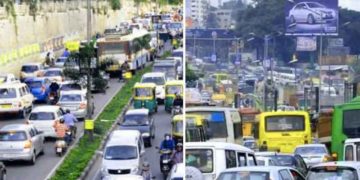














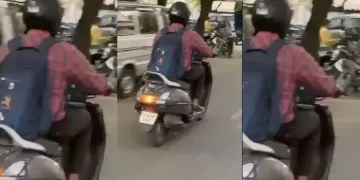
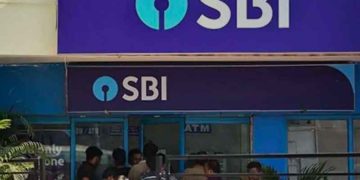
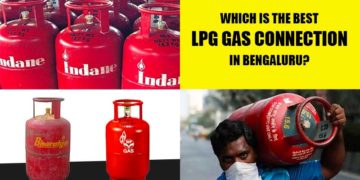
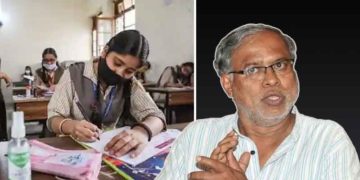
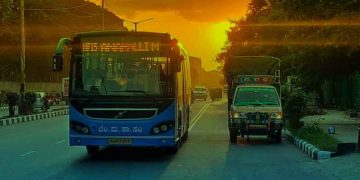

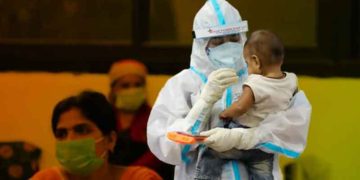
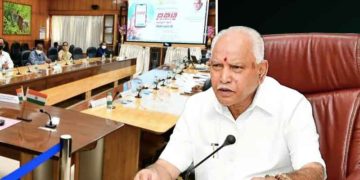
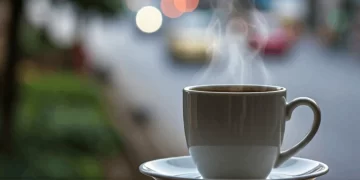
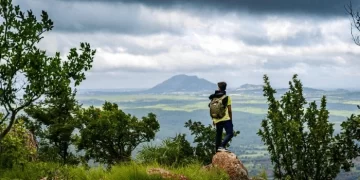

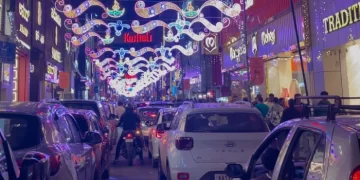
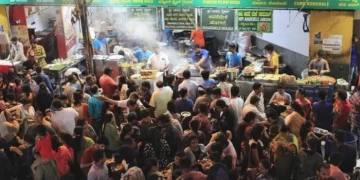

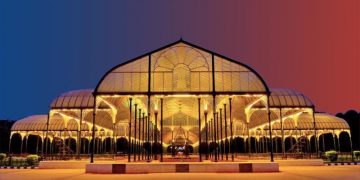
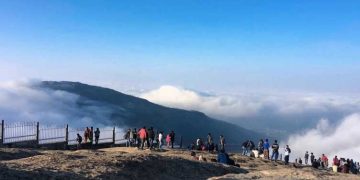

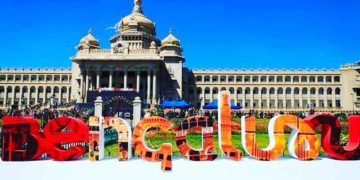
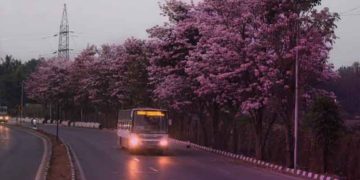
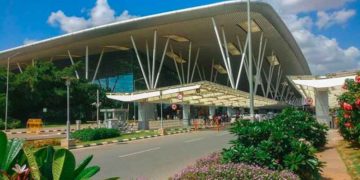


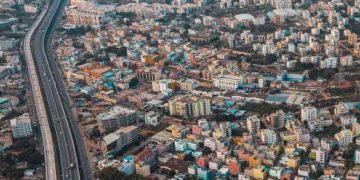
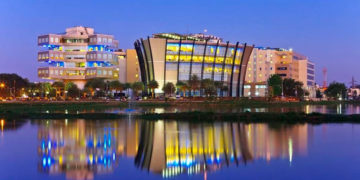

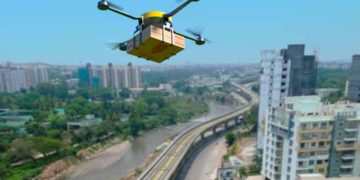






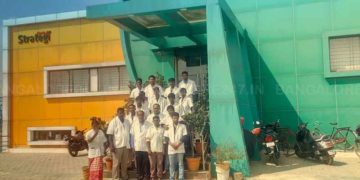







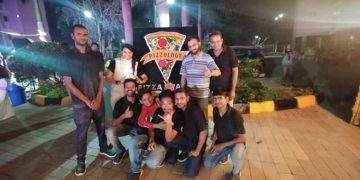
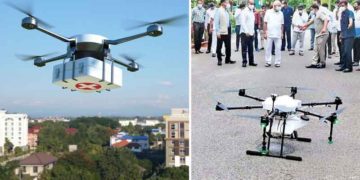
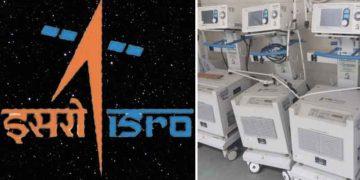
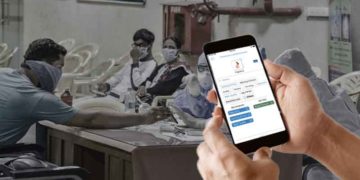


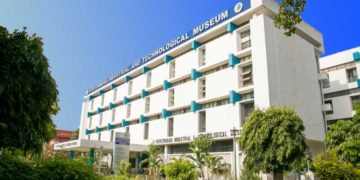






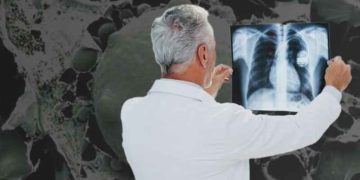


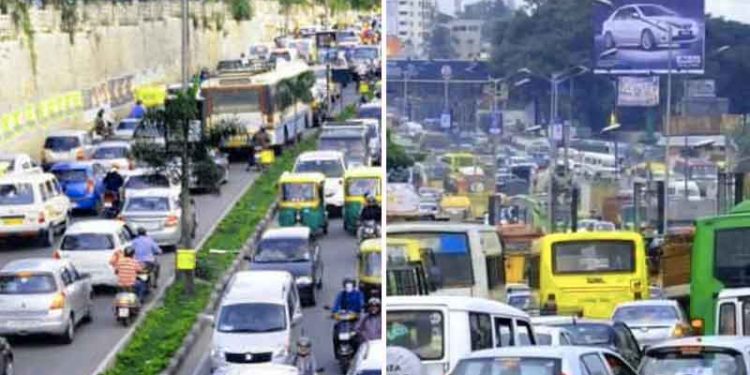

Discussion about this post